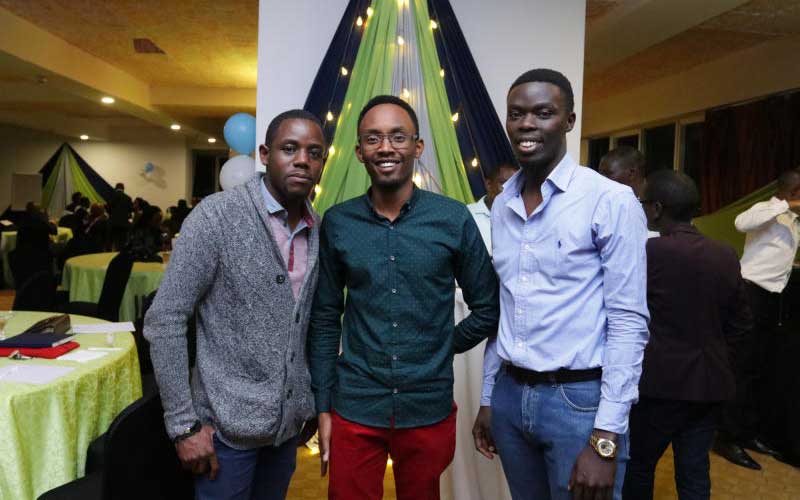×
The Standard e-Paper
Join Thousands Daily

From laboratories and lecture rooms at the University of Nairobi, a close friendship was brewed out of a common interest in Nanochemistry between Peter Gachanja, Dennis Wachira and Melvin Kizito. But something bigger was also born.
On October 11, the three Chemistry graduates emerged winners in the African edition of the Climate LaunchPad (CLP) competitions for coming up with an innovation that turns used diapers and sanitary pads into cooking fuel.